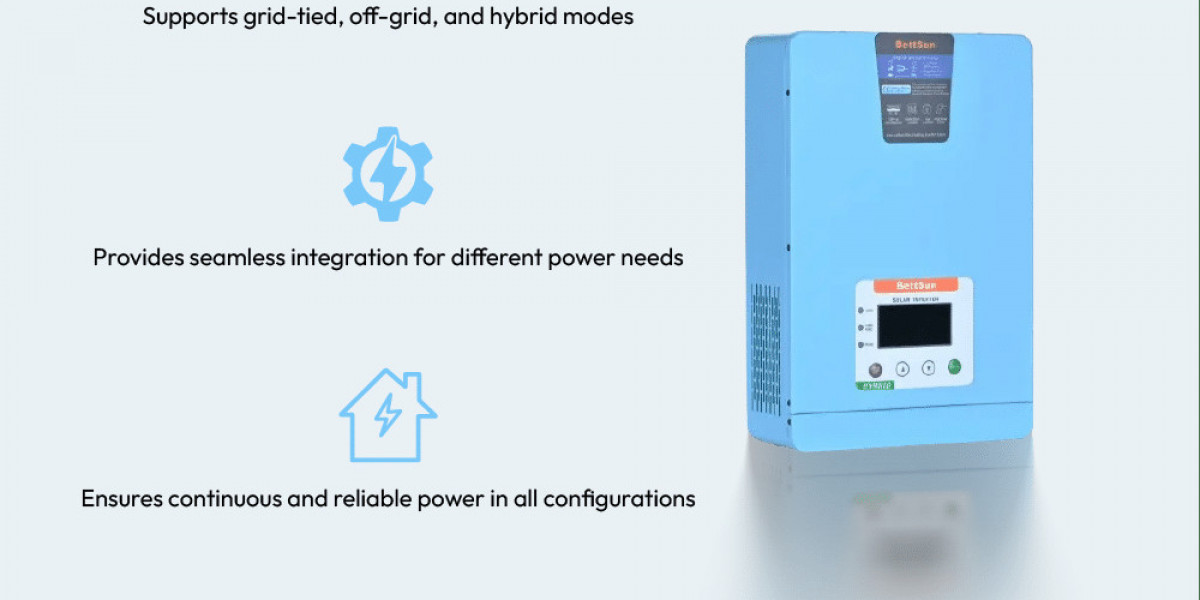When a loved one passes away, their assets—such as money, real estate, and personal property—must go through a legal process known as probate. This court-supervised process ensures debts are settled and assets are distributed according to the will or state law. However, probate can take a long time to complete—often several months or more.
For heirs waiting on their inheritance, that delay can create financial pressure. To access funds sooner, many consider probate loans or probate advances. While these two options sound similar, they are quite different in how they work and what they mean for your finances.
What Is Probate?
Probate is the legal process that takes place after someone dies. During probate, a court verifies the validity of the will, ensures debts and taxes are paid, and oversees the distribution of remaining assets to heirs or beneficiaries.
Unfortunately, this process can take months—or even years—especially if the estate is complicated or contested. While probate is ongoing, heirs usually can’t access any part of their inheritance, which can be a problem if they need money right away.
What Is a Probate Loan?
A probate loan is a type of personal loan based on the value of your future inheritance. You borrow money from a lender, using your expected inheritance as the basis for the loan. This option provides quick access to cash, but it does come with repayment responsibilities.
How It Works:
A lender evaluates your expected inheritance.
You’re offered a loan based on the estimated value.
You receive the funds upfront and agree to repay the loan over time.
The loan must be repaid—with interest—regardless of how long probate takes or the final estate value.
Key Features of Probate Loans:
Requires a credit check and loan approval.
Involves interest rates and fees like a traditional loan.
You’re personally liable for repayment, even if the estate value changes.
What Is a Probate Advance?
A probate advance, also called an inheritance advance, is not a loan. It’s an upfront cash payment given in exchange for a portion of your expected inheritance. There’s no repayment obligation on your part—the advance company is repaid directly from your inheritance when probate concludes.
How It Works:
A company reviews your probate case and inheritance estimate.
You receive a portion of your inheritance in advance.
When probate ends, the company collects its share directly from your inheritance.
You keep whatever remains after the company’s fees are paid.
Key Features of Probate Advances:
No credit check, employment verification, or collateral required.
No monthly payments or interest charges.
Faster approval—funds can be available in just a few days.
Fees can be high, reducing the amount you ultimately receive.
Comparing Probate Loans vs. Probate Advances
| Feature | Probate Loans | Probate Advances |
|---|---|---|
| Requires Repayment? | Yes (you’re personally liable) | No (company is paid from your inheritance) |
| Interest Charged? | Yes | No interest, but high fees may apply |
| Credit Check Required? | Yes | No |
| Speed of Funding | Moderate (depends on loan process) | Fast (often 1–3 days) |
| Risk to Heir | High—debt if probate is delayed | Low—non-recourse (you don’t owe extra) |
Pros and Cons of Probate Loans
Pros:
May offer higher funding amounts than advances.
A good option for heirs with strong credit who can repay.
Cons:
You must repay the loan, regardless of probate outcome.
Includes interest payments and potential financial risk.
Requires loan approval and a solid credit history.
Pros and Cons of Probate Advances
Pros:
No personal liability—you don’t have to repay out of pocket.
Fast access to funds, usually within a few days.
No need for a credit check or income verification.
Cons:
You’ll receive less than your full inheritance due to fees.
Some companies charge high fees—comparable to high interest rates.
Consumer protections vary by state.
Legal Considerations
State Laws Matter
Different states have different rules for probate funding. For example, California has stricter regulations on probate advances and may require full disclosure or court approval.
Watch Out for Predatory Practices
Not all probate funding companies are transparent. Be cautious of vague terms, hidden fees, or aggressive marketing tactics.
Contracts Are Binding
Whether you’re applying for a loan or an advance, always read the fine print. Each contract may carry unique obligations or restrictions.
Seek Legal Advice
Because probate laws vary by state and situation, it’s wise to consult a probate attorney or financial advisor before making any decisions.
When to Consider a Probate Loan
Choose a probate loan if:
You need a larger sum of money upfront.
You have good credit and qualify for favorable loan terms.
You’re confident you can repay the loan, even if probate is delayed.
When a Probate Advance Makes Sense
Choose a probate advance if:
You want quick access to inheritance funds with no personal repayment risk.
You don’t want to deal with a credit check or loan approval process.
You’re comfortable receiving less than your full inheritance in exchange for speed and simplicity.
Are Probate Loans Safe?
Probate loans are generally safe if you work with a reputable lender and understand the terms. However, because you’re taking on debt, there’s financial risk if the estate is delayed or doesn’t cover what you expected.
Probate advances carry less personal risk because you’re not required to repay the money yourself. But be sure to understand the company’s fee structure and what portion of your inheritance you’ll actually receive.
Before You Decide:
Ask for a full breakdown of fees and terms.
Research the provider’s reviews and legal standing.
Speak with a legal professional to fully understand your rights and obligations.
How to Get a Probate Loan or Advance
Applying for a Probate Loan:
Complete an application and credit check.
Provide documentation of your inheritance.
Review the loan terms and interest rates.
Receive funds and start repayment as agreed.
Getting a Probate Advance:
Submit basic details about your inheritance and the estate.
Share necessary legal documents (will, death certificate, etc.).
Receive an offer based on your inheritance.
Get your money—often within 1–3 business days.
Final Thoughts: Which Option Is Right for You?
The probate process can be long, frustrating, and financially challenging. Probate loans and probate advances offer ways to access your inheritance faster—but they come with different responsibilities and risks.
Choose a probate loan if you're financially stable and can repay a traditional loan.
Opt for a probate advance if you prefer fast, risk-free access without taking on debt.
Whatever you choose, take time to review your options, understand the terms, and consult a legal expert.
Need help with probate, estate planning, or understanding probate loans?
Reach out to Florida Tax Lawyers today for expert legal advice tailored to your situation.








